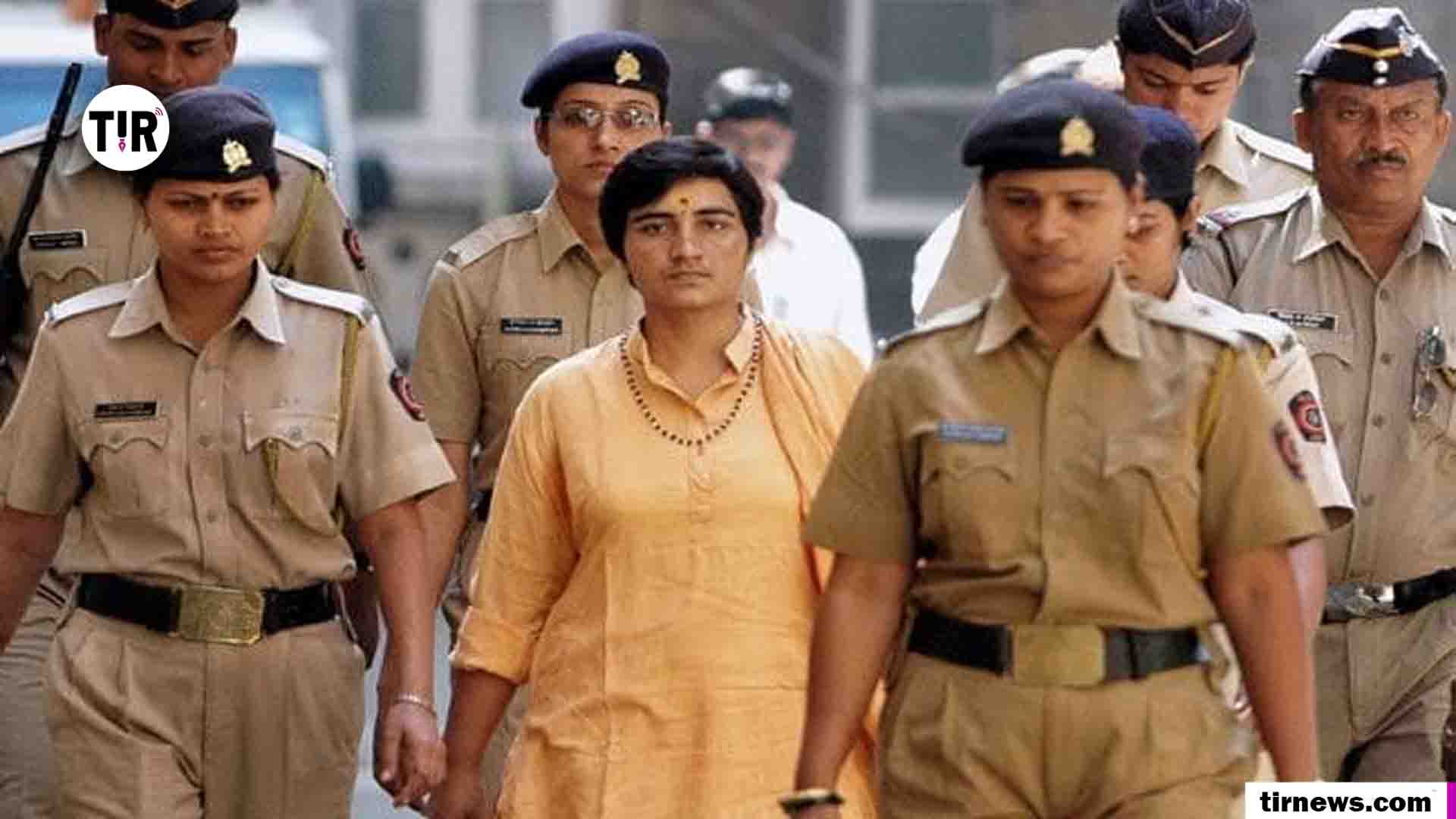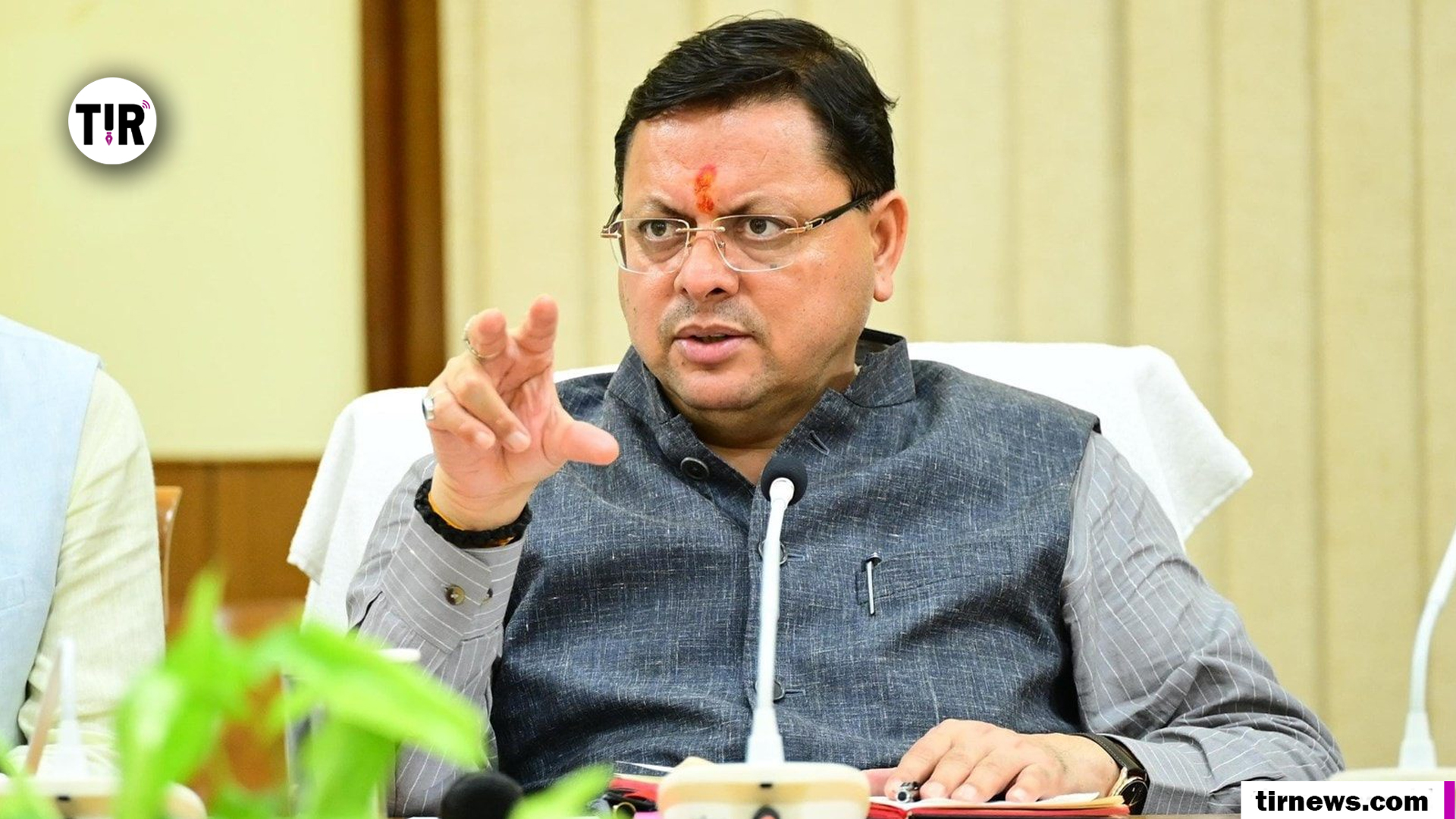On July 31, 2025, a special National Investigation Agency (NIA) court in Mumbai delivered its verdict in the long‑running 2008 Malegaon motorcycle bomb blast case. All seven accused—including former BJP MP Pragya Singh Thakur and Lieutenant Colonel Prasad Purohit—were acquitted due to lack of “cogent and reliable evidence.” The court ruled that UAPA charges could not be applied owing to defective sanction orders, and highlighted major investigative flaws such as tampered forensic samples, absence of fingerprint or DNA evidence, and inability to prove ownership or involvement with the vehicle used in the blast (The Wire).
The court acknowledged that a bomb had indeed exploded on September 29, 2008, near a mosque in Malegaon, killing six people and injuring nearly 100. However, it found the prosecution failed to link the motorcycle to any accused, and noted inaccuracies in injury counts and medical records (95 injuries, not 101, according to the judgment). Investigative gaps—such as no crime sketch, missing chassis numbers, and contamination at the crime scene—were cited as reasons for acquittal (The Wire).
Post‑Verdict Reactions
Lieutenant Colonel Prasad Purohit said his “conviction never changed” and thanked the court for a fair opportunity. Pragya Thakur called the verdict a win for “Bhagwa” and Hindutva, framing her ordeal as politically motivated defamation (The Times of India). AIMIM leader Asaduddin Owaisi criticized the verdict as a miscarriage of justice, stating the victims were “targeted for their religion” and lamented what he described as a “deliberately shoddy” investigation (The Times of India).
Significance
The verdict brings closure to one of India’s most controversial terrorism-related prosecutions, marked by political overtones, communal sensitivities, and intense scrutiny over due process. It has sparked renewed debate over the robustness of anti‑terror laws, investigative standards, and judicial impartiality in such cases.



